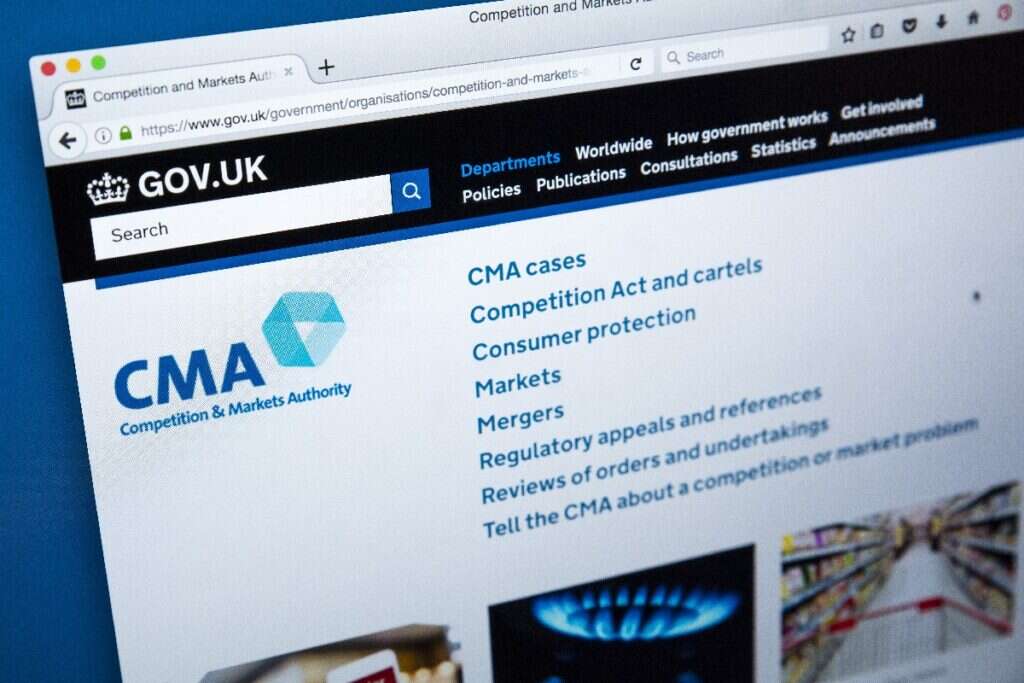This week the Digital Markets, Competition and Consumer Bill will go before Parliament, giving MPs their first opportunity to share their views. As MPs review what, at first instance, looks like a fairly dry and technical 388 pages of legislation, they should be under no illusion of the opportunities the bill presents to the UK tech sector and consumers alike. I’m talking principally about the government’s plans to put the Digital Markets Unit (DMU) on a statutory footing, finally giving the regulator – which, until now, has existed in a shadow form – the powers it needs to get to work.
The bill will give consumers additional choices over what services to use. This might include providing greater choices over the kinds of messaging services they can use, a larger variety of internet browsers, more choice over the apps they can download, and allowing them to have greater flexibility over the kind of software they can use to do their jobs.
This kind of increased choice will also have benefits for businesses, opening up markets and creating opportunities for firms to reach a wider audience with new and tailored products and services. It also has the potential to afford companies improved access to data, to help them hone their understanding of how their products are performing, and to innovate more effectively.
Even so, while the bill offers opportunity, there are also risks that it could be dragged off course. As it stands, the Competition & Markets Authority (CMA) is being asked to take on two huge new tasks: the regulation of complex and interdependent digital markets, and helping deliver the government’s white paper to regulate the use of artificial intelligence technologies. Either of these additional responsibilities would be a significant undertaking in and of itself.
As the bill comes forward for its second reading, MPs need to consider three things: is the regulator being encouraged to be focused and proportionate enough; is it being effectively resourced; and is it able to be held accountable by the government and by parliament?

Digital Markets Bill: A breakdown
Firstly, let’s consider the aim for focus and proportionality in the bill. The main strength of the Digital Markets Unit proposals is that they are targeted, focused, and give the DMU itself the discretion to design interventions in consultation with designated companies, the wider market and consumers.
This more targeted and flexible approach is an improvement on the EU’s Digital Markets Act. which sets broad rules, or the US antitrust approach, which is slow and highly legalistic. The alternative model proposed in the UK, meanwhile, is much more resource-intensive for the regulator. The risk is that, unless the regime remains targeted and proportionate, the DMU could be spread too thin, potentially overwhelming it, causing it to miss deadlines or, worse, make serious mistakes. Currently, the bill has few safeguards to guard against this.
Secondly, and perhaps most importantly, we need to ensure the regulator is appropriately resourced. The challenges of regulating digital markets and playing its part in the UK’s AI whitepaper could put a significant strain on the CMA but also on our other regulators. We need to make sure that regulators can get the resources and the talent they need, but also be able to pool and share expertise more effectively.
As part of the passage of the bill, MPs should be probing whether the CMA or the UK’s broader network of regulators is sufficiently able to do this. If under-resourced, the consequences are that the regulator’s decisions could be slowed down, quality could be reduced, and valuable projects like sandboxes will fall by the wayside.
Finally, the government and parliament must have a strong role in holding the CMA to account. The intervention that the Digital Markets Unit can make is at the most significant end of the spectrum both in terms of the level of intervention, its effects on the economy and its resource intensity for the regulator itself. As such, this kind of regulation must be a last resort and reserved for the markets where it’s most needed.
If we manage to achieve this balance, we will be able to make the most of the opportunities the Digital Markets, Competition and Consumer Bill has to offer – which, in the end, are vital to ensuring that UK businesses and consumers benefit from a vibrant and competitive tech sector.




